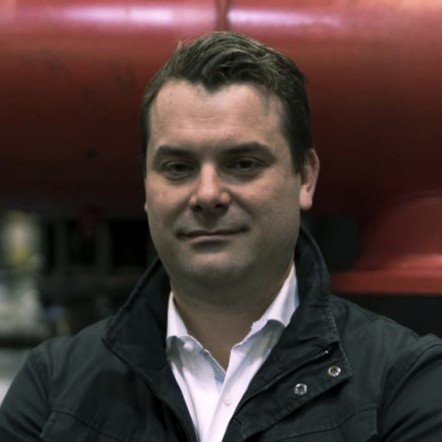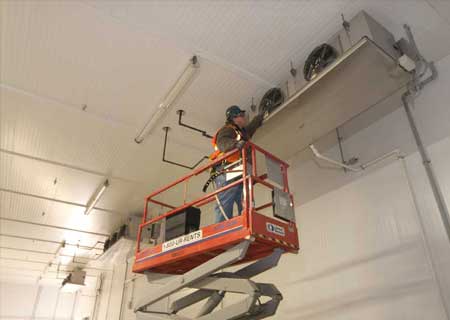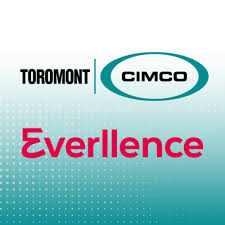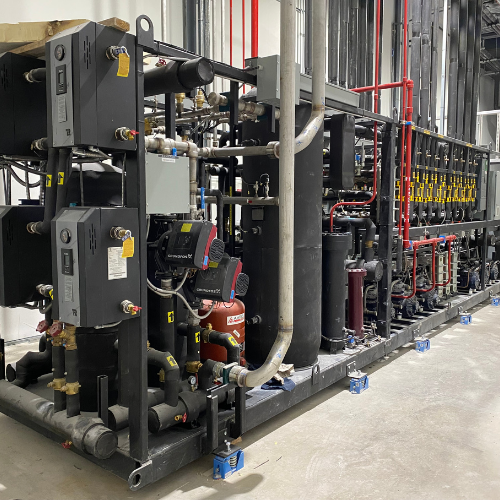Community Cooling, a concept that involves aggregating a community's cooling demand at one location creates what is essentially a cooling hub. In order to use community cooling to fight climate change, we need to all work together.
The COVID-19 pandemic has certainly brought to light just how interconnected we all are. The world’s population will hit 10 billion in 2050 and we need to figure out how we’ll reasonably feed that many people, on both a local and global level. The food cold chain will play a role in how we meet this demand, but we also need to think about how we accomplish this feat without accelerating global warming.
Throughout the world, millions of small farms and fisheries are a source of food and income within communities. Some of the challenges these local food producers face: maintaining the quality of their harvest while preventing loss, and finding accessible storage. Because we know a single cold storage facility is expensive and energy intensive, we need to think outside of the ice box. That’s where community cooling comes in, a concept that involves aggregating a community’s cooling demand at one location, creating what is essentially a cooling hub. That location could be an existing cold storage or food production facility, or even an ice rink. If a local food producer uses this already established infrastructure, this will reduce their costs while being far more energy efficient.
Community cooling projects can also provide additional revenue streams to business or municipalities while offering a valuable service to the community. They make a strong business case for communities to eat fresh, locally-grown foods, which would spur more investment in small specialty farms, which would lead to improved food quality and a reduction in global warming caused by transporting and storing foods. This type of energy-efficient community cooling hub would be especially beneficial in rural areas where the food chain is difficult to access. It could also meet a broad range of cooling needs in developing rural communities such as medicine and vaccine storage.
For community cooling to happen on a large scale, it requires partnerships across industry, government, universities and financial institutions. It may seem like a long shot, but with a growing population in the face of a climate crisis, we need to work together to ensure we continue to thrive.
Want to read more about the sustainable refrigeration and cooling? Check out our three-part series on Cooling as a Service.

DAVID FAUSER - DIRECTOR OF SALES
David has been with the company for more than 20 years. During that time, he has been involved in hundreds of local and professional new rink designs and retrofits throughout North America. David has a passion for ice sports and sustainability, and was instrumental in CIMCO’s decision to drop recreational ice rink packages that use refrigerants with high global warming potential from its lineup, because of their climate impact. He is a strong voice on environmental issues and legislation, and is a thought leader in the industry. He believes that there is a solid business case to incorporating net-zero and net-zero-over-time strategies to today’s ice rinks.
e: dfauser@toromont.com
Related Posts

CIMCO Refrigeration’s New Facility in Bradford Strengthens Regional Service and Prefabrication Capabilities

CIMCO Expands Large-Scale Heat Pump Offerings Through Everllence Partnership

DesLaurier Cold Storage
|
|

.png?sfvrsn=5ce7c222_0)

